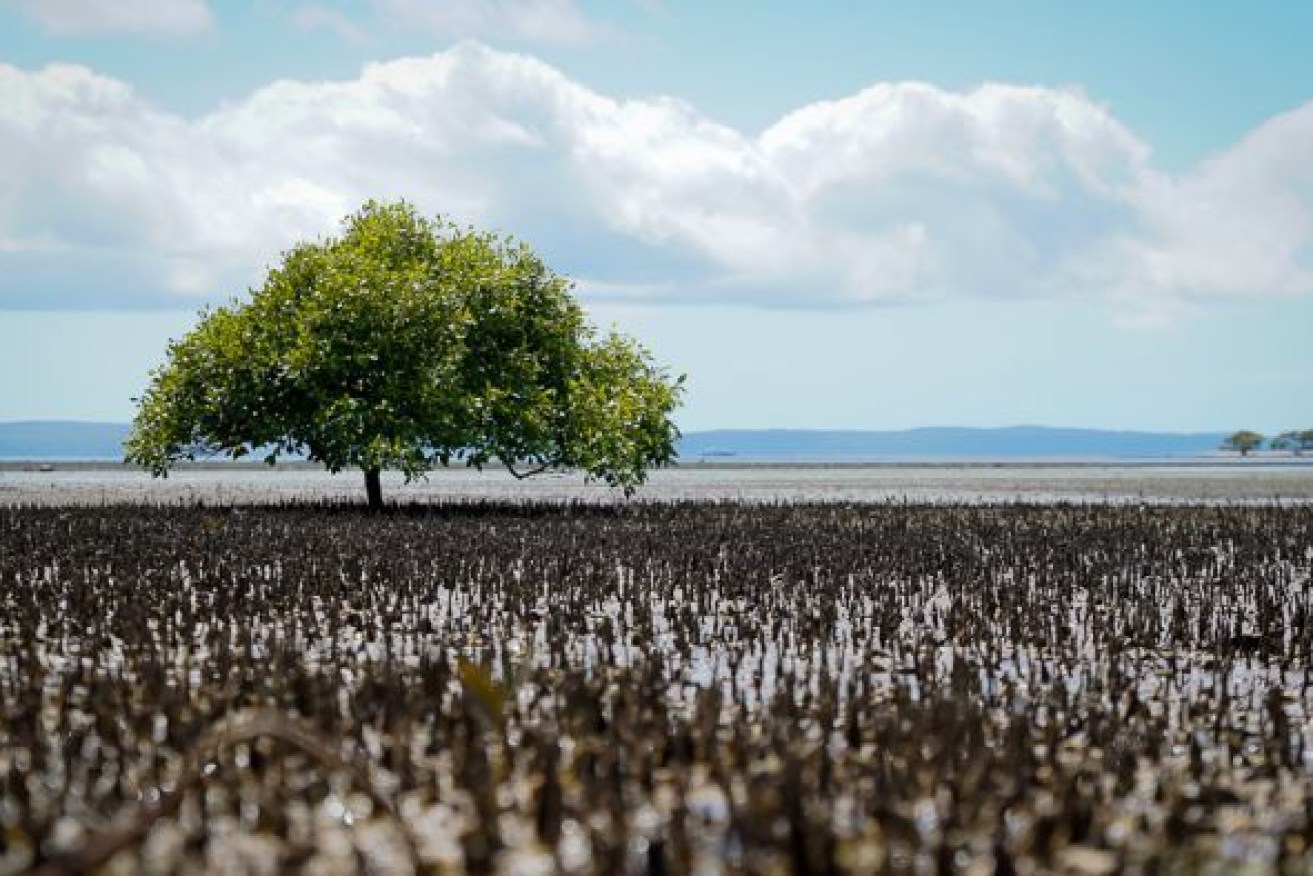Queensland’s $2 billion shell game: The place where sensible environmental laws go to die
A massive gulf between the environmental standards of state and federal governments has meant projects worth $2 billion have fallen over in recent days. What is going on? John McCarthy reports.


Toondah Harbour south of Brisbane
A business trying to negotiate its way through the politics of environment in Queensland would probably just give up rather than try to figure out what’s going on. It would be a lot easier.
Walker Corp’s $1.3 billion Toondah Harbour was probably rightly kiboshed. It seemed to be a bit of overreach for such a delicate part of Brisbane, but what does it mean in the greater scheme of development in the state?
Probably nothing, maybe a lot. Confusion definitely, but we were not short of the that even before the Toondah decision.
The real impact of decisions like Toondah Harbour is silence. Businesses just see the writing on the wall and look elsewhere, knowing that the state’s history of long delays, legal wrangling and confrontation is not worth it.
Queensland has such a rich history of environmental policy shambles.
Any Government that has been in power for a few years can suffer from apparent policy conflict.
Environmental policy faces tough realities because the state is so dependent on fossil fuels. One wrong step either side of good policy can mean real electoral pain.
It hasn’t been bad from Labor. Indeed, there are quite a few environmental issues it can hang its hat on, but for the party, environment is a policy area where ambition is crushed by commerce and mixed into a bowl of confusion.
Remember the Government’s debacle over Adani? That was a comedy that stretched over years and gave the public such a well-founded confidence in its leaders and a new standard of flip-flopping that Peter Beattie would have tipped his hat to.
There were three EISs for the Abbot Point coal port.
There was also the long-running off-Broadway farce at New Hope that did quite well, too.
Let’s not forget that the State Government actually supported Toondah Harbour and said it met the highest environmental standards.
The project was touted as a jobs saviour for the Quandamooka people of Stradbroke Island (Minjerribah) when sand mining was closed down by Premier Steven Miles when he was Environment Minister.
Clearly the highest environmental standards were not the highest because the Federal Government killed it off on environmental grounds.
How does that work? I know, I know … different level of government, different legislation, but come on!
Ark Energy won Queensland Government approval for a $1 billion 42-turbine wind farm, known as Wooroora (previously Chalumbin), near Ravenshoe in north Queensland, in 2022. Last weekend, Federal Environment Minister Tanya Plibersek scrapped it because of it would have had an unacceptable impact on the environment.
It was in the assessment process for three years which included five extensions to the decision date. Ark said it actually withdrew the proposal this month.
Remember the five-star $900 million Sekisui House resort development at Yaroomba Beach on the Sunshine Coast? It was approved by the local council in 2018, then it was in and out of court for years and in the end the company gave up and sold the site to the Dennis Family reportedly for $100 million.
Labor also has some significant splits over projects like the Winchester South coal mine with its environmental lobby (Labor Environmental Action Network) pressuring to have its approval scrapped.
Federally, Labor has been accused of a cop out after it announced an Environmental Protection Agency but then refused to provide the legislative power it needs to act as a green cop.
Guess why? The states apparently rebelled, most likely led by WA.
The EPA’s decisions can also be overruled by the Minister of the day through call-in powers which is a short leash designed to make sure the new body doesn’t go off and do something silly like fine a coal or oil company.
There’s a theme developing, isn’t there?
Conflicting policy and the approval merry-go-round means companies lose interest or momentum or both.
Can we expect better from the LNP? Well, it’s hard to say. It has never been its strong point.
The party doesn’t like talking about coal royalties because it is facing threats of its own in seats targeted by The Greens and while it recently backed Labor’s emission cuts, it has wavered on a legislating a renewables target, which is a bizarre attitude and leaves business scratching its head.
So, not an impressive start.
Its federal counterparts are also a little agitated about the LNP support for an emission target.












